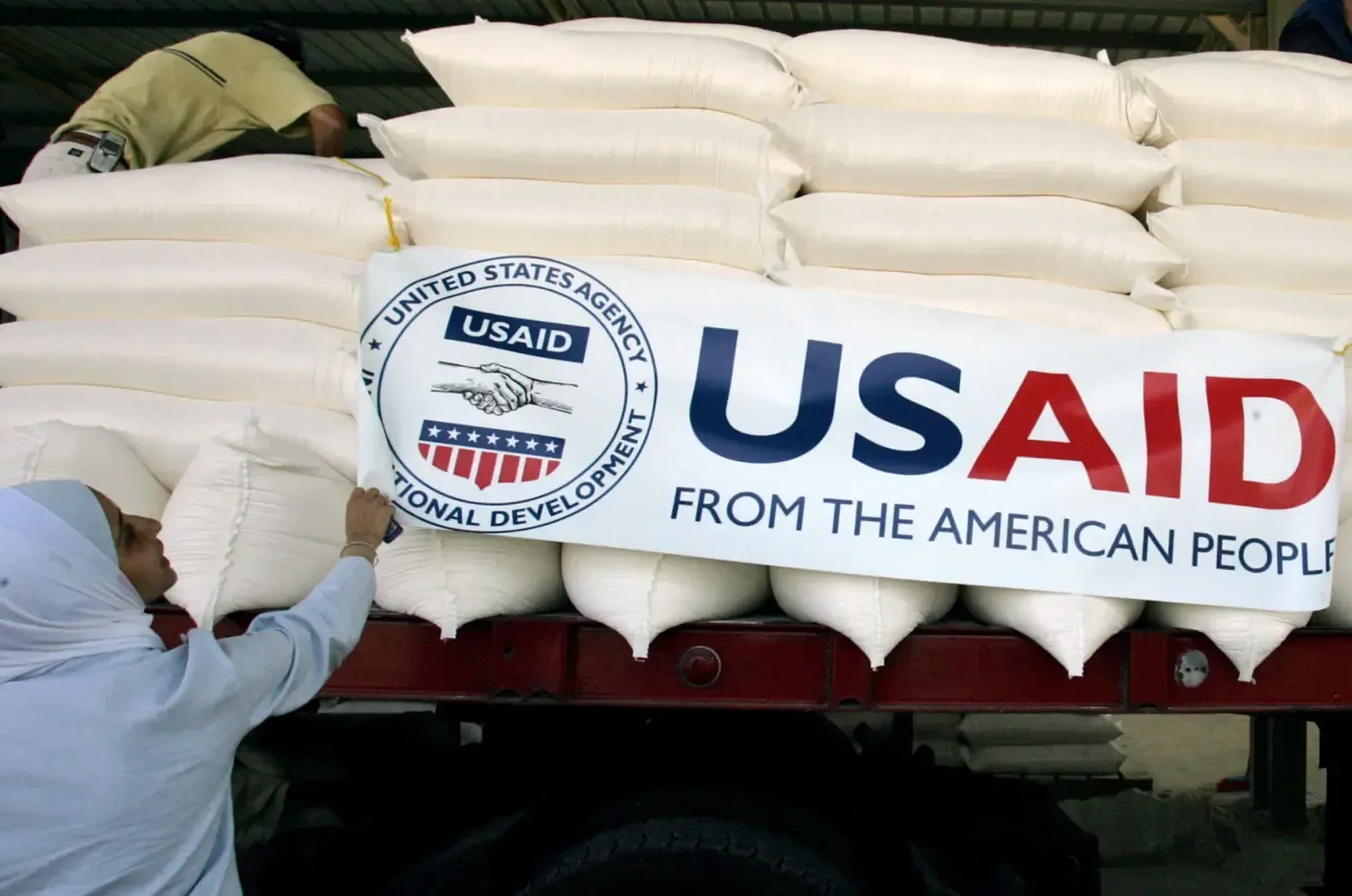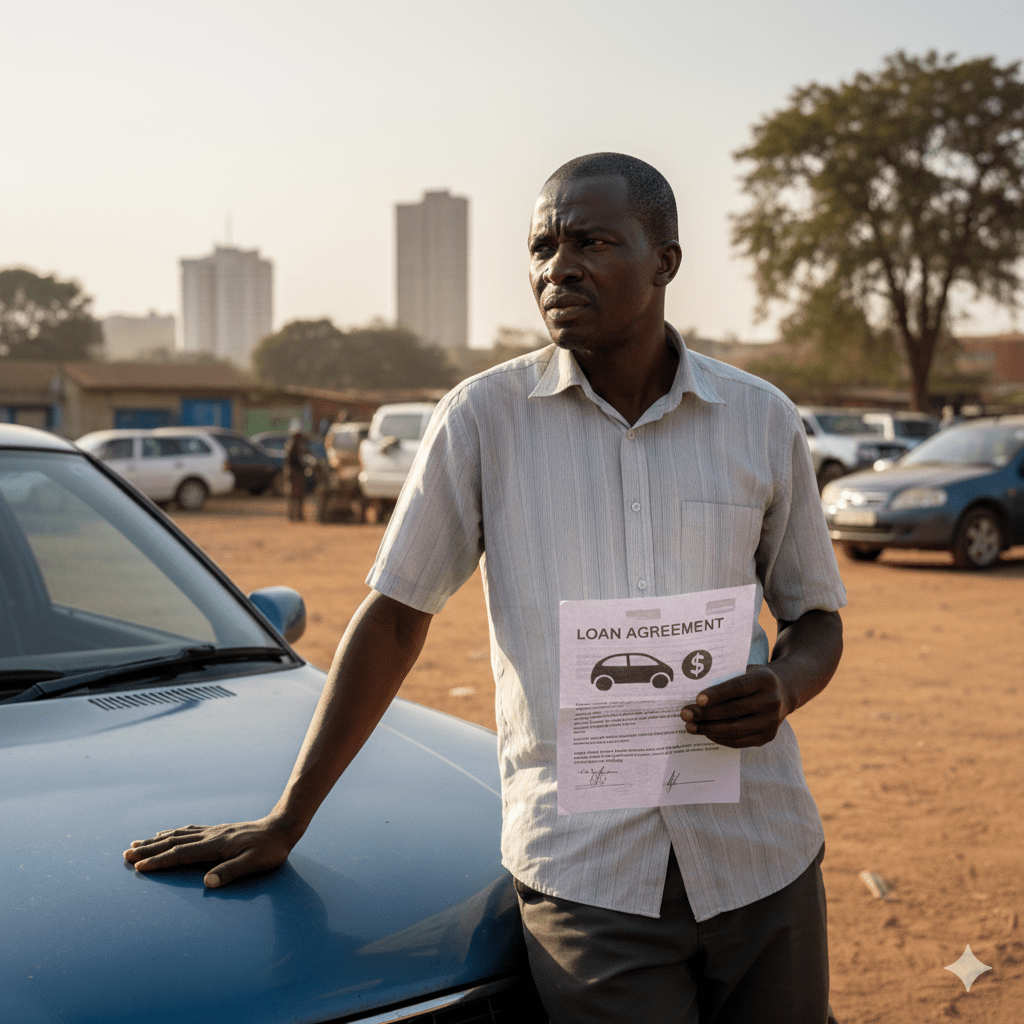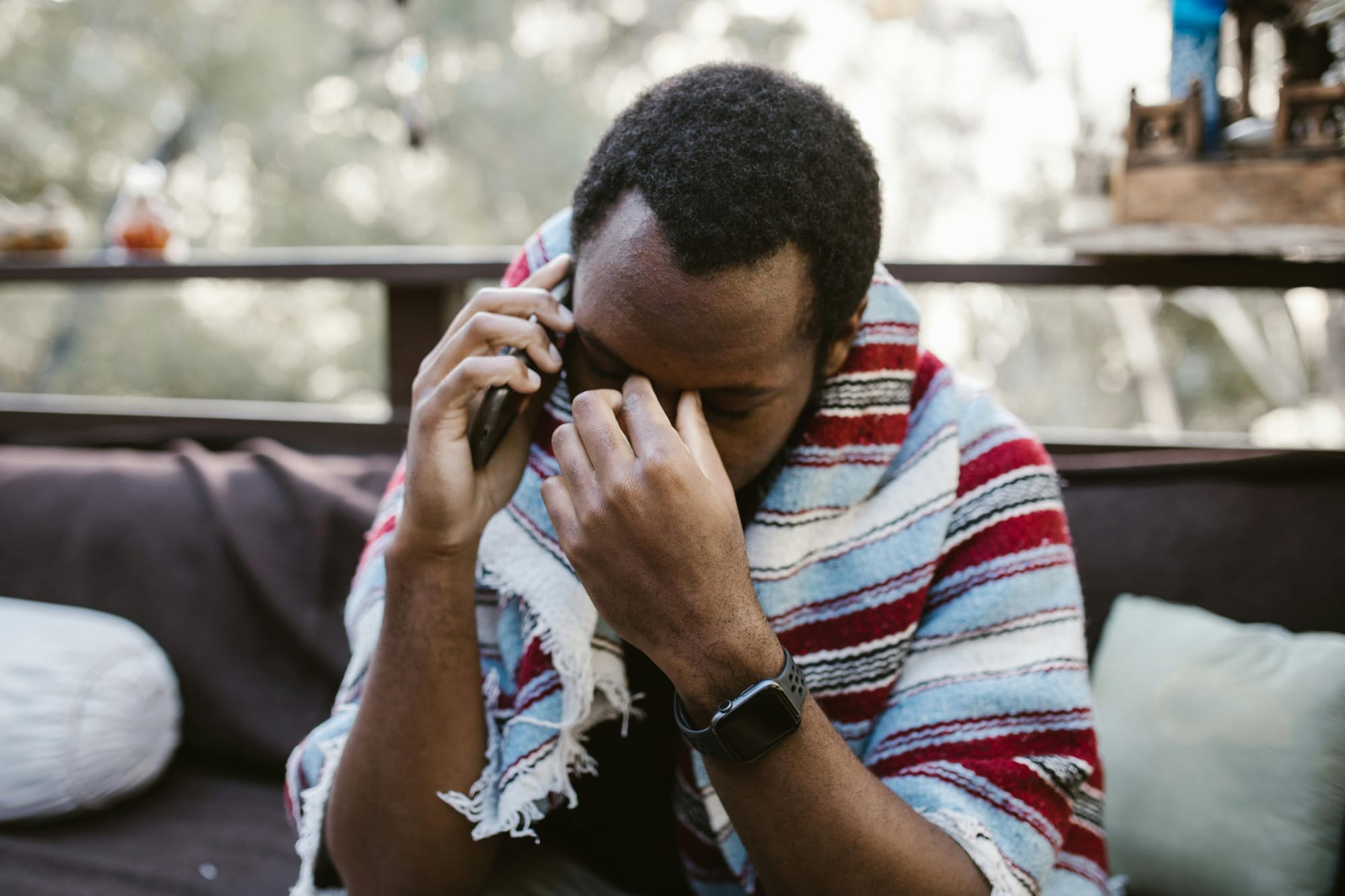What Happens If the U.S. Freezes USAID Support to Kenya?

What exactly is USAID?
President John F. Kennedy formed The United States Agency for International Development (USAID) using an executive order in 1961. During that time, Congress passed a Federal Assistance Act in which mandated a government agency be set up and tasked with administering overseas spending.
In 1998, another law was passed confirming the USAID status as an executive agency in its own right.
Present day, the institution is based in over 60 countries with most of its work carried out by organizations contracted and funded by USAID.
The institution spends billions of US dollars on various projects around the world. For example, in 2023, USAID spent approximately $40billion.However, a significant percentage of the USAID’s budget is spent on healthcare.
In Kenya, USAID has been a faithful partner since our independence, pumping in millions of dollars yearly to support various programs that many Kenyans rely on daily.
What does USAID actually do in Kenya?
Let's break it down into everyday impact:
Healthcare Heroes: USAID helps stock local clinics with essential medicines and supports HIV/AIDS programs that serve thousands of Kenyans. Since 2003, the Kenyan and the US government have worked together under the PEPFAR program that provides HIV testing kits and other medical supplies to Kenya preventing thousands of deaths caused by HIV. Since 2003, the US government has invested at least 8 billion dollars and has provided Antiretroviral treatment for over 1 million people including children.
Further USAID is behind many vaccinations campaign for children
Farming Friends: The USID through different programs has helped Kenyan farmers. For example, the Kenya Agricultural Value Chain Enterprises (KAVES) has supported thousands of smallholder farmers in 27 counties who have now learnt new techniques for growing high value crops like fruit and Mango. USAID also introduced many droughts resistant crops and forged partnership with hundreds of private companies.
Education Enablers: the USAID supports education through different ways among them training youth different skill programs. The institution also helped provide textbooks to schools reaching thousands of children, gave scholarships to children who needed them to pursue education and even equipped schools with computers and other equipment.
Who would feel the pinch if USAID support stops?
The impact would ripple through communities like waves in a pond:
1. Healthcare Could Take a Hit
Kenya has made huge progress in fighting diseases like malaria and HIV/AIDS. Fundings and other support from USAID have been instrumental in making such progress. A freeze in support could mean fewer HIV medications, reduced malaria nets, and less funding for maternal health. This would put millions of vulnerable Kenyans at risk, especially in rural areas where USAID-backed programs play a critical role.
2. Education Programs Might Suffer
Many children, especially from low-income families, benefit from different programs funded by USAID. If funding is cut, scholarships and school support programs could shrink, making it harder for such students to stay in school.
3. Farmers Could Struggle
Agriculture is the backbone of Kenya’s economy. USAID has been instrumental in helping small-scale farmers improve their yields through better farming techniques and resources. Without this support, food production could drop, leading to higher food prices and potential shortages.
4. Job Losses and Economic Impact
Different NGOs and projects in Kenya rely on USAID funding to operate. If support is frozen, these organizations may be forced to shut down or scale back, leading to job losses. This would especially affect people working in the non-profit, health, and education sectors.
Is there hope?
USAID’s work in Kenya has had a lasting impact, and any disruption to its support would be deeply felt by millions. Further replacing such significant amount of donations would not be easy and the effects would likely be felt for years.
However, yes, there is always hope! Kenya has been building its resilience over the years. While USAID's support is valuable, Kenyans are innovative and resourceful and would definitely find a way to carry on. Many local organizations would step up, and the government would have to look for alternative funding.
What can we do?
As ordinary Kenyans, we can:
- Support local community initiatives that fill gaps in service delivery
- Stay informed about alternative support systems
- Advocate for increased local funding for essential services
- Build stronger community support networks
Remember, while USAID's support is important, Kenya's strength lies in its people. We have faced challenges before and emerged stronger. This situation, while concerning, is another opportunity for Kenyans to demonstrate their resilience and innovation
Remember, if you need financial assistance, contact us through our contact form, call us on +254791573231 or visit one of our branches across Nairobi, Kiambu, Machakos, and Kajiado counties to explore your financial opportunities.




Comments ()